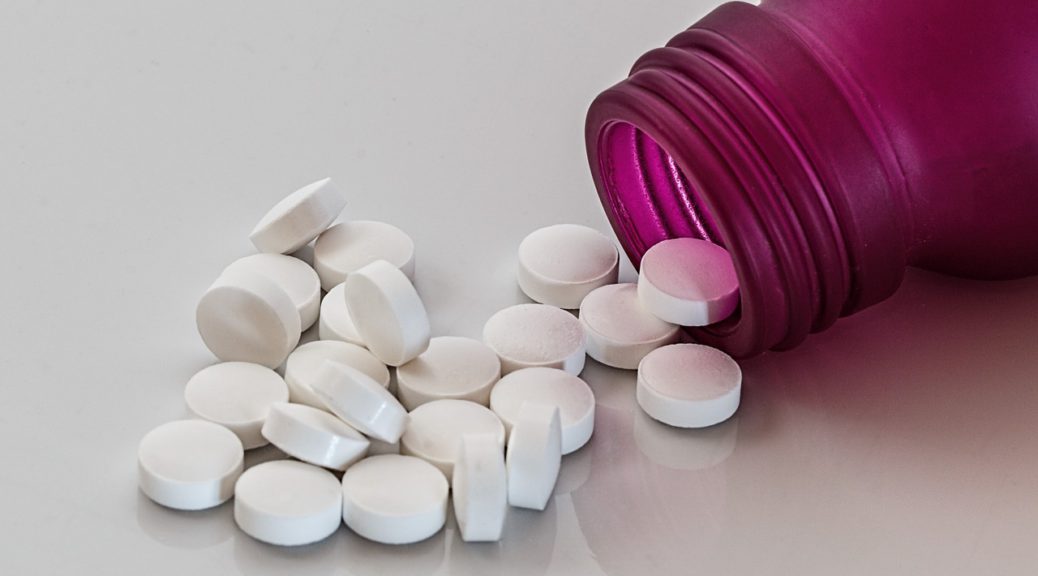
Do I need to take vitamin supplements when I am breastfeeding?
Breastfeeding mothers frequently ask our experts if they need to take certain vitamin supplements and minerals so they don’t get nutritional deficiencies that could affect their health and the quality of their breast milk. A wide range of such vitamin supplements on the market target nursing mothers. Even certain eye-raising pediatricians on YouTube recommend 3 different jars of vitamin complexes to breastfeeding mothers and specify what each of the nutrients is supposedly important for.
The belief that breastfeeding requires mothers to maintain a very specific, balanced, and strict diet makes most women fall into this trap; yes, many of us also fell into it in our first breastfeeding journey, buying these supplements and thinking that they would “enrich” our breast milk. Maybe the spread of processed products with all kinds of added substances has confused us to unsuspected limits.
Breast milk is created from the mother’s reserves, which reach the mammary gland through the blood supply, and the gland itself can produce other components. The mammary gland creates the recipe for breast milk, and the mother’s diet has very little impact on its final composition.
That said, certain elements will not appear in her breast milk if she does not have them in the mother’s diet. However, these are cases of severe deficiencies, and the mother is the first person to be negatively impacted by the absence of these nutrients.
What are these nutrients?
Vitamin B12
This vitamin comes from foods of animal origin. If the mother has a vegan or vegetarian diet and does not take appropriate supplements, she may not have this vitamin in her breast milk or insufficient amounts. Vitamin B12 is essential to help form red blood cells in the blood and maintain the central nervous system. Therefore, if it is lacking, this can be a risk to your baby’s health.
Also, women who have undergone a gastric bypass should have this vitamin, firstly for their own health and secondly to ensure the correct supply for their breastfeeding child. It should be noted that a vegan or vegetarian diet supplemented with vitamin B12 is perfectly safe and compatible with breastfeeding.
Iodine
In some parts of Europe (for example, Spain), there is a general deficit of this mineral. The salt many people consume is not iodized (unless specifically purchased), so it is recommended that nursing mothers take a daily supplement of between 150 and 200 micrograms of iodine. There are specific products for nursing mothers with this specific dosage of iodine at a much more reasonable price than multivitamin supplements.
Vitamin D
If the vitamin D levels are low in a mother’s blood, they will be low in her breast milk. Hence, it is important to monitor the mother’s values, and if necessary, supplements should be taken appropriately. The AAP (American Association of Paediatrics) recommends supplements for all breastfed babies: “Breastfed infants should get an adequate supply of vitamin D through a supplement of 400 IU per day. For formula-fed babies, the requirements are the same. Unless the child is drinking 32 ounces of infant formula per day, a vitamin D supplement is required.”
Calcium
During breastfeeding, there is a physiological loss of calcium from the mother’s bones, which recovers spontaneously after 6 months of age. However, studies show that breastfeeding is associated with a lower incidence of bone fractures in menopause.
Breastfeeding mothers don’t need to increase their calcium intake, and the recommended daily amounts are the same for all women from 19 to 59 years of age, whether breastfeeding or not.
Iron
Many mothers may become anemic after giving birth, which means they are low in iron. Anemia can cause a low breast milk supply, which can hinder breastfeeding. If the mother has anemia, she will need to take appropriate supplements to recover. However, if she does not have anemia, she does not need to take them, as during breastfeeding, the recommended daily intake decreases to half the needs of an adult non-breastfeeding woman.
As the author, dietician, and nutritionist Julio Basulto says: “A mother’s diet has very little influence on the composition of her breast milk, as any breastfeeding manual states. So why this “small, fragile, almost safe” lie? To try to convince mothers, in a subliminal way, that they have to juggle their diet, something that only a very small percentage of the population is willing to do. And even among women who want to change their habits, many will not be able to do so because the surrounding makes it very difficult for us”.
References:
- Carlos Gonzalez “Breastfeeding made easy – A gift for life for you and your baby” https://pinterandmartin.com/products/breastfeeding-made-easy-a-gift-for-life-for-you-and-your-baby
- Julio Basulto “Mama come sano” https://juliobasulto.com/mama_come_sano/